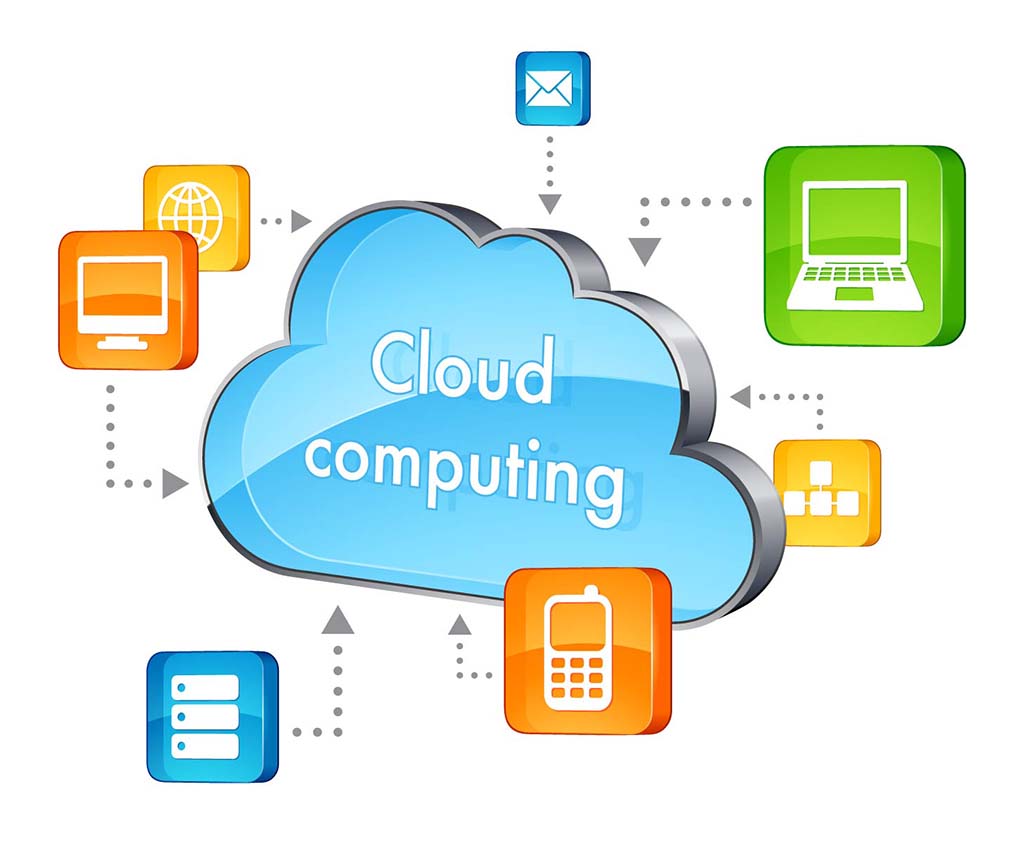Fibre Internet
Fiber internet, also known as fiber-optic internet, is a type of broadband internet service that utilizes fiber-optic cables to transmit data at high speeds over long distances. It is considered one of the fastest and most reliable forms of internet connectivity available today. Here's an overview of fiber internet, including how it works, its benefits, and its applications:

Related Searches
How Fiber Internet Works:
1. Fiber-optic Cables: Fiber internet utilizes fiber-optic cables made of thin strands of glass or plastic, called optical fibers. These fibers transmit data using light signals that travel through the cables with minimal loss of speed or signal integrity.
2. Light Signals: Data is transmitted as pulses of light, encoded with digital information, that travel along the length of the optical fibers. The light signals bounce off the inner walls of the fibers through a process called total internal reflection, allowing them to travel long distances without significant degradation.
3. Optical Network Terminals (ONTs): At the customer's location, the fiber-optic cable connects to an Optical Network Terminal (ONT) or Fiber Termination Unit (FTU), which converts the light signals into electrical signals that can be used by the customer's devices, such as computers, routers, and modems.
4. High-Speed Transmission: Fiber internet offers high-speed transmission rates, with typical speeds ranging from 100 Mbps to 1 Gbps (Gigabit per second) or higher. This allows for fast downloads, uploads, streaming, gaming, and other data-intensive activities with minimal latency or buffering.
Benefits of Fiber Internet:
1. High Speeds: Fiber internet offers significantly higher download and upload speeds compared to traditional broadband technologies like DSL (Digital Subscriber Line) and cable internet. This enables faster web browsing, file downloads, video streaming, online gaming, and other online activities.
2. Reliability: Fiber-optic cables are less susceptible to interference from electromagnetic signals, radio frequency interference, and environmental factors like weather and electrical disturbances. This results in more reliable and consistent internet connectivity with fewer interruptions or slowdowns.
3. Symmetrical Speeds: Fiber internet offers symmetrical upload and download speeds, meaning that data can be uploaded to the internet at the same high speeds as it can be downloaded. This is particularly beneficial for activities like video conferencing, cloud storage, and large file transfers.
4. Scalability: Fiber-optic networks have ample bandwidth capacity, allowing for easy scalability to accommodate increasing demand for data-intensive applications and services. This makes fiber internet well-suited for businesses, educational institutions, and organizations with growing connectivity needs.
5. Future-Proof Technology: Fiber internet is considered a future-proof technology that can support emerging technologies and applications, such as virtual reality (VR), augmented reality (AR), Internet of Things (IoT), and 4K/8K video streaming, which require high-speed and low-latency connections.
Applications of Fiber Internet:
1. Residential Internet: Fiber internet is increasingly available to residential consumers, offering fast and reliable connectivity for households with multiple users, smart home devices, and high-bandwidth activities like streaming, gaming, and remote work.
2. Business Internet: Fiber internet is widely used by businesses of all sizes for high-speed internet access, cloud computing, VoIP (Voice over Internet Protocol), video conferencing, online collaboration, and data-intensive applications.
3. Education and Healthcare: Fiber internet is utilized in educational institutions, hospitals, and healthcare facilities for online learning, telemedicine, electronic health records (EHR), medical imaging, and remote consultations, requiring fast and secure connectivity.
4. Government and Public Services: Fiber internet is deployed by government agencies and public institutions to support e-government initiatives, public safety, emergency services, and smart city infrastructure, including surveillance, traffic management, and public Wi-Fi networks.
Overall, fiber internet offers unparalleled speed, reliability, and scalability, making it an ideal choice for consumers, businesses, and organizations seeking high-performance internet connectivity to meet their current and future needs.







